The heat is on for solar sceptics
If you’ve noticed a recent escalation in anti-solar rhetoric, you’re not alone.
A range of voices have questioned whether the UK should be championing the sometimes unpredictable form of energy generation.
Here Mitie’s Energy Markets Research Manager, Alan Whitefield, takes a closer look at the issues behind the heated debate.
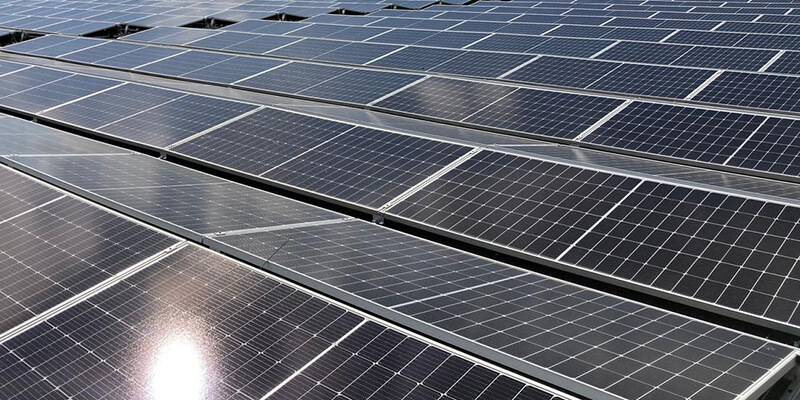
The benefits of solar energy have been called into question by a vocal minority – but is there any substance to their claims?
As someone who has made a career in the energy industry, and who takes particular interest in solar, I wanted to investigate whether any of the accusations stand up to scrutiny.
Let’s look at what is being said…
Raining on the solar parade
One of the main criticisms focuses on our beloved and rather changeable British weather.
Sceptics claim that because sunshine isn’t guaranteed here, solar panels don’t perform at optimum levels and are therefore a waste of time. In fact, they also correctly point out that the efficiency of solar panels reduces in particularly hot weather. Similarly, they say because there isn’t always sufficient wind to keep turbines turning, there is little point in pursuing wind power.
Other critics go further still, implying that solar and wind power generation are little more than an expensive joke, or reckless waste of everyone’s money.
An MP recently made no secret of his views during the June heatwave, tweeting: “The UK has had to start coal fired generators during this heatwave because the sun is too strong and solar panels have had to be taken offline.”
This negative narrative has even been picked up by the press. Last year The Telegraph reported: “Weather too hot for solar panels.” And the Daily Mail ran with: “Solar panels are LESS efficient in high temperatures despite increased sunlight.”
Shedding some light on the matter
So, what is really going on?
According to Solar Energy UK, solar performance does fall by 0.34% for every degree the temperature rises above 25°C. However, the longer days and clearer skies mean solar power generation is still far greater during the summer – even when efficiency falls.
Not convinced? Look at the table below, which shows the UK produced much more solar power in June 2023 compared to last year, despite the recent high temperatures.
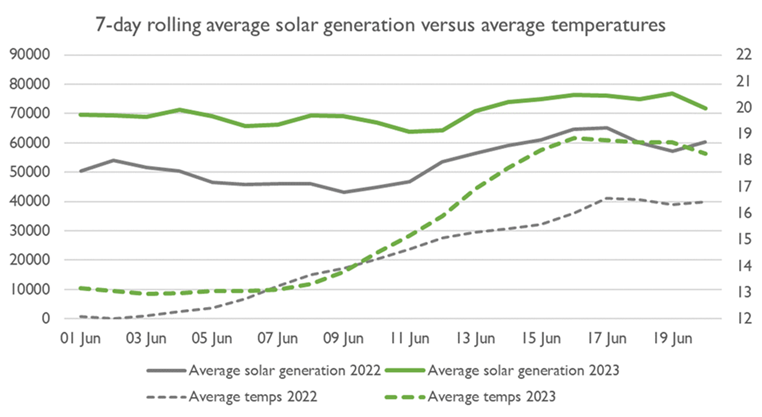
But what about the coal-fired power stations mentioned by the MP? Why were they needed to back up solar and wind power generation?
There are three main reasons.
Firstly, exceptionally low winds meant energy output from wind farms was below normal for the time of year.
Secondly, the June heatwave saw increased use of air conditioning, pushing demand for electricity above normal levels, meaning another source of power was required.
And thirdly, there was an unexpectedly lower power supply from other supplementary sources, meaning demand was outstripping supply in the evenings.
Sun on the solar horizon
It’s important to note that all of the above issues will be addressed in the next few years. After all, the UK government has committed to generating all electricity from clean sources by 2035 as a key step to reaching net zero by 2050. Success will depend on developing solutions to reduce the impact of variable renewable energy generation, and these will include:
- Promoting more battery storage on solar sites to make sure surplus energy generated during the day is used during non-daylight hours.
- Developing projects that use solar and wind power to create storable carbon-neutral hydrogen, which in turn can be used to create electricity when renewable generation is low.
- Promoting energy usage in periods of abundant renewable energy production, for example, for charging EVs or using high energy household appliances.
- Incentivising flexibility when it comes to demand, removing the need for back-up coal or gas generation when renewable energy generation is low.
So there you have it. Despite all the anti-solar claims, in most cases the logic is simple. During daylight, even when it’s cloudy or extremely hot, solar provides power that would otherwise come from expensive, fossil fuel-based sources. Fluctuating energy generation in no way undermines the value of solar power.
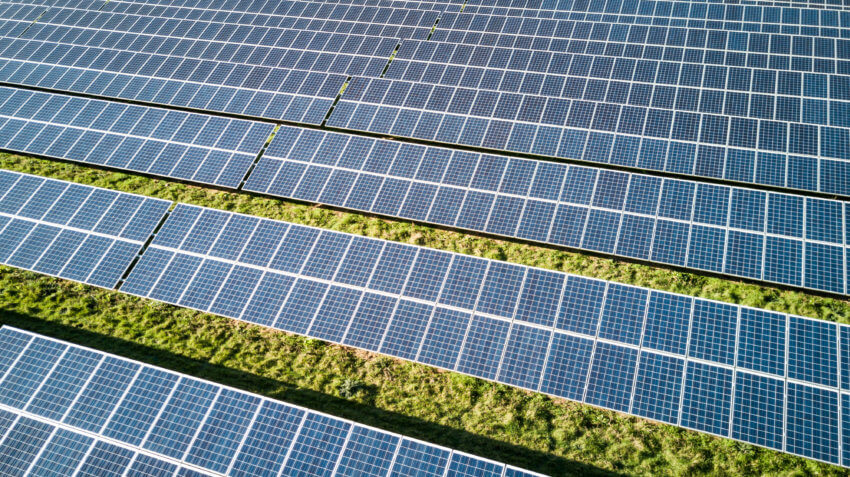
Press the solar ‘On’ button
Mitie can help you decide the right solution for your organisation. Our experts will assist from initial planning to design and solar panel installation. Assistance with solar power purchase agreements is also available.
Find out more by emailing the team at [email protected] and we will be right back to you.
And to receive our bi-weekly review of the solar energy market, click here to register.
Read next
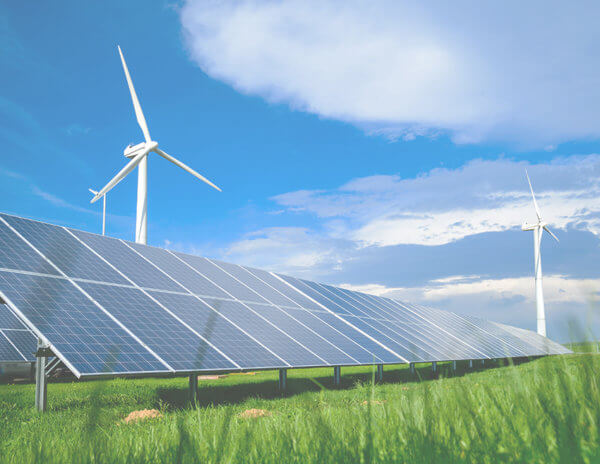
Do you know what to look for in the ideal decarbonisation partner?
Learn how to prepare your organisation for an end-to-end net zero partnership – and what to look for in the ideal strategic relationship. The business case for decarbonisation is clear. Improved energy efficiency and…
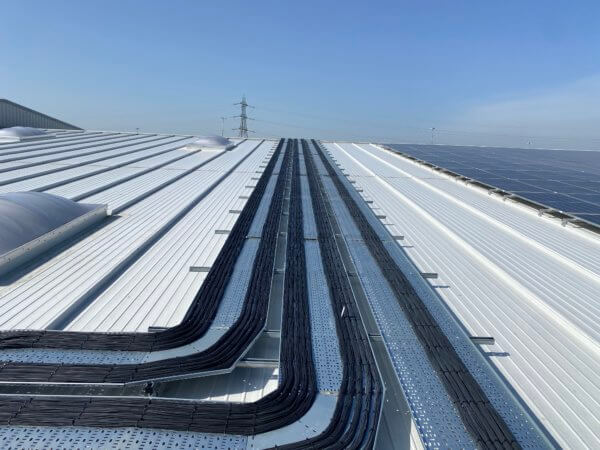
Add storage to your solar system and keep your energy supply secure
With many organisations looking to boost their sustainability, and achieve ambitious net zero goals, there’s a clear and growing interest in renewable energy. And the current price volatility and insecurity in energy supply is…
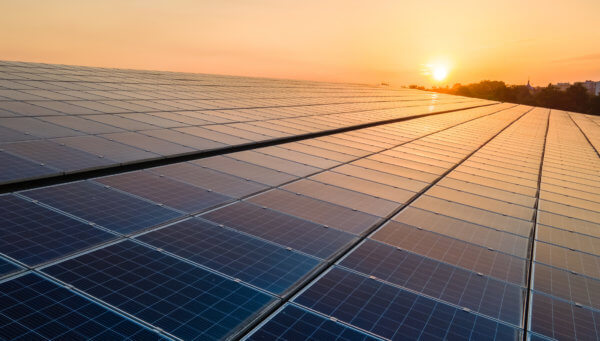
Installing solar panels on your commercial building roof? Read on
Concerns over the security of supply, rising costs, and the need to decarbonise environments have quickly and permanently transformed our energy landscape. In the last year it has become increasingly clear that the way…